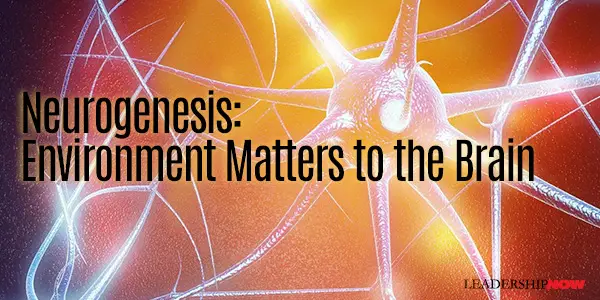 |
 |
10.25.06

Neurogenesis: Environment Matters to the Brain
ELIZABETH GOULD's research in neurogenesis—the process of creating new brain cells—is adding to our understanding of how our environment directly affects the quality of our thinking. A professor of psychology at Princeton University, she is changing our understanding of the production of new neurons and the plasticity of the brain.  The brain is a remarkably pliable organ that is greatly influenced by our surroundings. In chronically boring environments or stressful conditions, the structure of the brain is altered. Brain cells starve and retreat and new cells are not created. Yet remarkably, the brain can also heal itself. When the environmental conditions are enriched the brain begins to create new brain cells and the density of neuronal dendrites (the branches that connect one neuron to another). It would seem design—in all its various forms—matters. In an article in Seed magazine, writer Jonah Lehrer reports on Gould’s research: The subject of stress has been the single continuous thread running through Gould’s research career. From the brain’s perspective, stress is primarily signaled by an increase in the bloodstream of a class of steroid called glucocorticoids, which put the body on a heightened state of alert. But glucocorticoids can have one nasty side-effect: They are toxic for the brain. When stress becomes chronic, neurons stop investing in themselves. Neurogenesis ceases. Dendrites disappear. The hippocampus, a part of the brain essential for learning and memory, begins withering away. The research should give us pause to consider the environment we function in and the environment we create for others to perform in.
Posted by Michael McKinney at 09:00 AM
|
BUILD YOUR KNOWLEDGE
 

How to Do Your Start-Up Right STRAIGHT TALK FOR START-UPS 
Grow Your Leadership Skills NEW AND UPCOMING LEADERSHIP BOOKS 
Leadership Minute BITE-SIZE CONCEPTS YOU CAN CHEW ON 
Classic Leadership Books BOOKS TO READ BEFORE YOU LEAD |